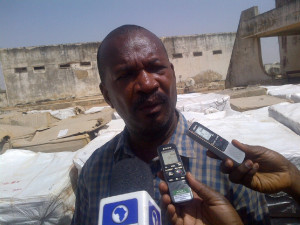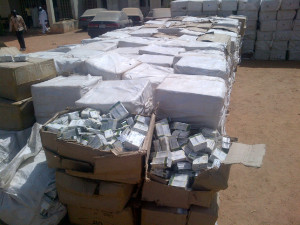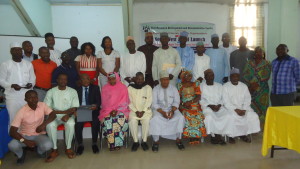Kampala – Veteran Leader declared winner with 60 percent of votes in election marred by violence and allegation of ballot fraud.
Yoweri Museveni, who has ruled Uganda for 30 years, has been re-elected the country’s president in an election overshadowed by arrests of politicians and allegations of rigging.
The country’s election body declared Museveni, 71, the winner on Saturday afternoon with more than 60 percent of the votes cast.
Museveni, a former rebel who seized power in 1986, was widely expected to win a fifth term, which will now extend his power into a fourth decade.
His closest rival, Kizza Besigye, 59, obtained about 35 percent of the vote. Shortly before the election result was declared, the country’s security forces put Besigye under house arrest.
Police carried out multiple arrests of opposition activists, including Besigye, during the vote.
House arrest
Police have arrested Besigye four times since the day of election and he is currently detained at his house in the capital Kampala.
Besigye’s third arrest was caught by Al Jazeera cameras as he tried a house here ballots were suspected of being altered.
On Friday police in riot gear set off stun grenades and fired tear gas at Besigye supporters, who responded by hurling rocks and erecting street barricades.
John Kerry, US secretary of state, called Museveni to voice concern over Besigye’s detention, harassment of opposition figures and the shutdown of social media such as Facebook and Twitter.
Police officials said they were at Besigye’s home as a preventive measure to prevent a further escalation of violence and denied detaining him.
Besigye was Museveni’s field doctor during the war which brought him to power, and served as deputy interior minister in his first cabinet.
He broke ranks with Museveni in 1999, saying the president was no longer a democrat. On Saturday, Besigye rejected the outcome of the polls and reportedly called it a sham.
He has called for an independent audit of the results.
Source: Aljazeera



